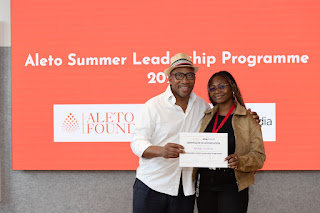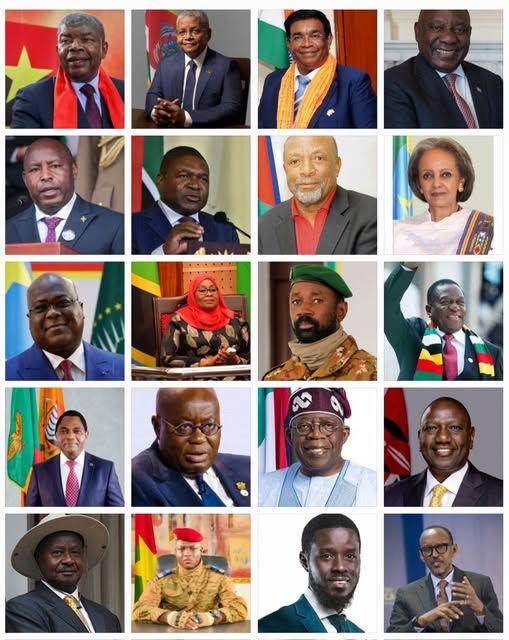In leadership, there are moments that define not just what you do, but who you become. For Afolake Odubote, one of those defining moments came through the Aleto Foundation X DMG Media Leadership Programme an initiative founded by Sir Ken Olisa OBE, CStJ, FRSA, FBCS, the first Black Lord-Lieutenant of Greater London and a tireless advocate for diversity in leadership.
What began as a quest for professional development turned into a profound exploration of how real leadership multiplies itself.
The Designer’s Lens
When Afolake joined as a delegate in 2024, she carried the analytical mindset of a product designer. Used to dissecting complex user problems and testing solutions until they worked for real people, she quickly realized that her design background was more than relevant it was a hidden advantage in leadership.
The programme’s modules on strategic thinking, emotional intelligence, and inclusive leadership challenged her to reframe familiar questions.
“As a designer, I’m constantly asking, ‘What does the user actually need?’ The programme taught me to ask the same thing in leadership: What do people actually need from their leaders?”
Her approach paid off during team challenges, particularly in tackling youth unemployment in urban communities. While others rushed to solutions, she insisted on research first listening to young people, community leaders, and mapping resources. The team’s proposal, grounded in real needs, won recognition. For Afolake, it was the moment she saw design and leadership converge.
From Delegate to Mentor
When she was invited back in 2025 as a buddy mentor, Afolake hesitated. “I thought, ‘I just finished the programme what could I possibly teach someone else?’” she recalls. But mentoring became its own classroom.
She approached it like design: every mentee was a “user” with unique needs. Through empathy interviews, she helped Marcus, a software engineer, overcome imposter syndrome; Sarah, a marketing professional, develop storytelling skills; and James, a new graduate, navigate the programme’s intensity with confidence.
“Effective mentoring isn’t about giving advice,” she explains. “It’s about creating frameworks that help people discover their own answers just like good design.”
The process forced her to articulate her own leadership frameworks, deepening her understanding of her growth.
Redefining Leadership
At the programme’s conclusion, Afolake received an award for outstanding mentoring. But for her, the real reward was seeing her mentees thrive Marcus leading discussions, Sarah pitching bold initiatives, and James stepping up for a management role.
This journey crystallized her leadership philosophy: leadership isn’t about answers, it’s about asking better questions and creating space for others to grow.
She now calls her approach Human-Centered Leadership, shaped by three principles:
- Empathy as Foundation – understanding people deeply, beyond assumptions.
- Iterative Growth – experimenting, gathering feedback, and refining approaches.
- Systems Thinking – recognizing that every leadership action ripples through wider organizational and social contexts.
The Bigger Picture
From design labs to leadership cohorts, Afolake has learned that the best leaders think like designers: they listen, test, and co-create solutions that truly work. Her story reflects a broader truth that leadership, like design, is not about imposing answers, but empowering people to find their own.
As she puts it:
“Leadership isn’t about becoming someone else. It’s about discovering what leadership looks like when you do it.”




